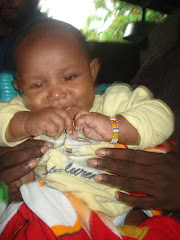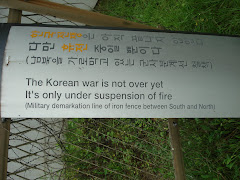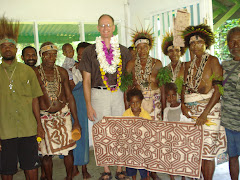Thursday, February 23, 2017
I left My Heart in Calais
For the month of January I lived in the Maria Skobtova Catholic Worker House in Calais. I went to help with the ministry with migrants and people seeking asylum started by Br. Johannes Maertens a monk of the Old Catholic Benedictine Community of the Good Shepherd. In this photo Br. Johannes is lighting a votive candle in front of the huge icon of Our Lady of the Jungle painted by a young migrant from Eritrea. It was a centerpiece of the Eritrean Orthodox Church in the Jungle. When the Jungle was destroyed by the French Government in October 2016, Br. Johannes had the image moved to a studio he uses as a chapel. In coming weeks it will be moved to Paris to an Orthodox Church there.
Most of the people in the Catholic Worker house were young men who were 16-19 years old, a few were older. They were fleeing Eritrea's forced conscription--which international observers have compared to slavery as the conscription has no end time, and the pay is "ludicrously low." Most wanted to get to England to join up with family. The UK was their destination of choice because English was the most common second language among them--Eritrea was a British Protectorate. Eritrea produces 5000 refugees a month.
When the Jungle was closed the UK government said it would allow for a family reunification program, but it has welshed on this promise, and most of the young people were sent to "welcome centers" far from Calais. The young people are determined and have come back to Calais by ones and twos to try and find a way across the English Channel, which is at its narrowest at Calais. There is nothing easy about "passing over" as they call it. Barking German shepherd dogs, guards with cattle prods, extreme temperatures and a mayor in Calais implacably opposed to migrants. Even the local Bishop of the Catholic Church the day after the Pope called on Catholics the world over to help migrants and refugees refused to open local parishes to house these desperate young people. Officially, there are no migrants in Calais. But in January we knew of over 400 on the streets; nearly 700 lived in a camp in Dunkirk run by local authorities.
The old site of the Jungle has been completely cleared. From 10,000 people at its most populated, there is almost no sign it existed. I helped transport materials from the Old Jungle to the Secours Catholique office one day, and watched workers demolishing the containers used to house people--housing that could be used especially in the cold months. Johannes and the supporters of the Maria Skobtova House do not officially encourage the migrants to try to cross as that is against the law. But they do offer a place to stay, food, clothing--also against the law, but they do it anyway as the alternative is to force the young people to face exposure and death. The house optimally held 16; at one point we hosted 21. It was a one toilet, one shower, three bedroom house. I haven't had so many room mates since my college fraternity days when we slept on a sleeping porch in bunk beds. Every few days Johannes and I would decide we couldn't take any more people, then the door bell would ring and some cold, sick, tired child would be pleading for help. We always welcomed them in, then many times Johannes would make phone calls trying to find them accommodation. Very reluctantly we let three on a wet, freezing night sleep on the floor of our prayer space. Our tiny house waas the only place tha offered overnight accommodation. Those outside spent the nights trying to get to UK on trucks, and then spent days hunched miserably wherever they could to sleep
I spent my days doing a little cooking, a little cleaning, a lot of praying. I drank gallons of tea. I ran as often as I could to get out of doors. Often people came to meet with Johannes--local activists, board members of the house--and we had meetings in English and French to address the rapidly changing situation, strategize about the future of the house, where would the ministry best serve people--should it move to Lille or Paris? All huge unwieldy subjects. There was a wonderful community of people supporting Johannes--the Auxilaires Sisters joined us for Morning prayer and the Evening program which included dinner and a prayer service.
The young people sometimes called me "Papa" which I was told was a title of respect for a religious person, but it struck directly at my heart. These kids could have been my children or grandchildren (barely!). I can't publish their photos as I promised them I wouldn't. But they would come and sit with me and tell me the stories of their travels from Eritrea to Calais. These were horrendous tales of treks across the Sahara and the Mediterranean leaving corpses of friends and acquaintances behind.
I experienced great community, a sense of people responding to a terrible situation and I saw the very best of what it means to be a Christian and a person of faith--there were many Muslims, too. I experienced the disorientation the migrants experience in a place I didn't speak very much French. My days had huge gaps of time when I was just waiting, being present to all that was swirling around me. When they young people would bundle up and leave at night to try their luck, I would close the door behind them and then weep.
Walls, cattle prods, barking dogs, these are not sufficient responses. There needs to be more pressure put on government leaders to create just living situations, promote education, reunite families. Simply put the basic human needs of civilised people need to be given highest priority by our leaders. It is unconscionable that young people would have to choose between forced conscription and fleeing for their lives.
Subscribe to:
Post Comments (Atom)







No comments:
Post a Comment